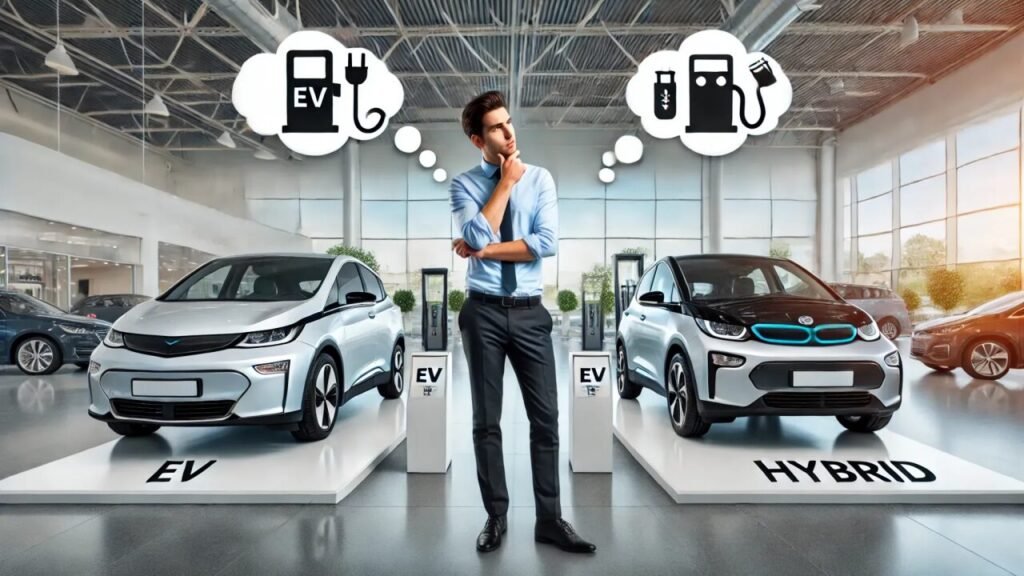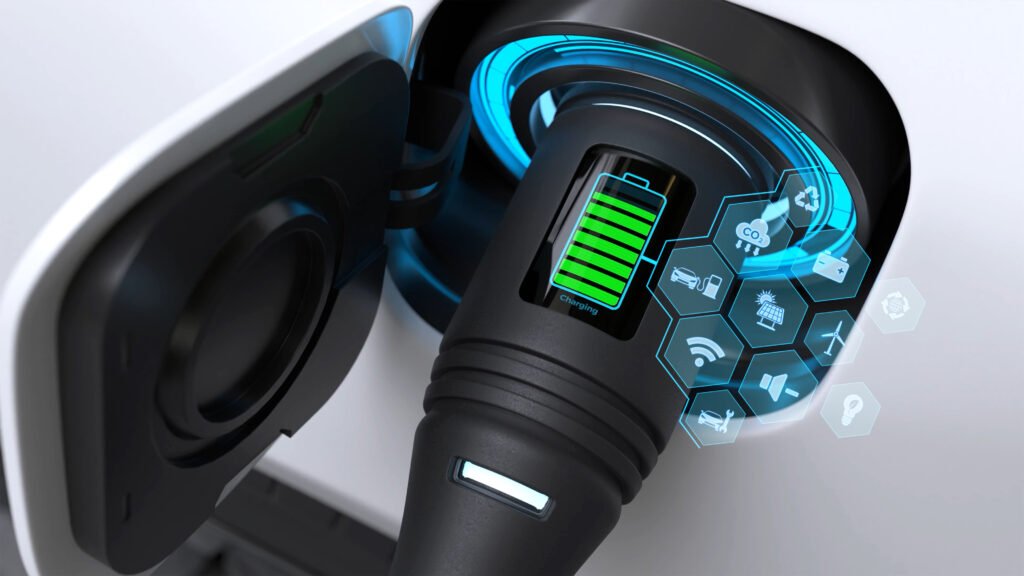Electric vs Hybrid: Which is Right for You in 2025? The Ultimate Buyer’s Guide
Last Updated: June 2025 | Expert Analysis by VoltDriveHub.com
Choosing between electric vehicles (EVs) and hybrid cars has never been more important—or more challenging. With 2025 bringing breakthrough technology, competitive pricing, and expanded model lineups, both options offer compelling benefits. This comprehensive guide breaks down everything you need to know to make the right choice for your lifestyle, budget, and driving needs: Electric vs Hybrid.
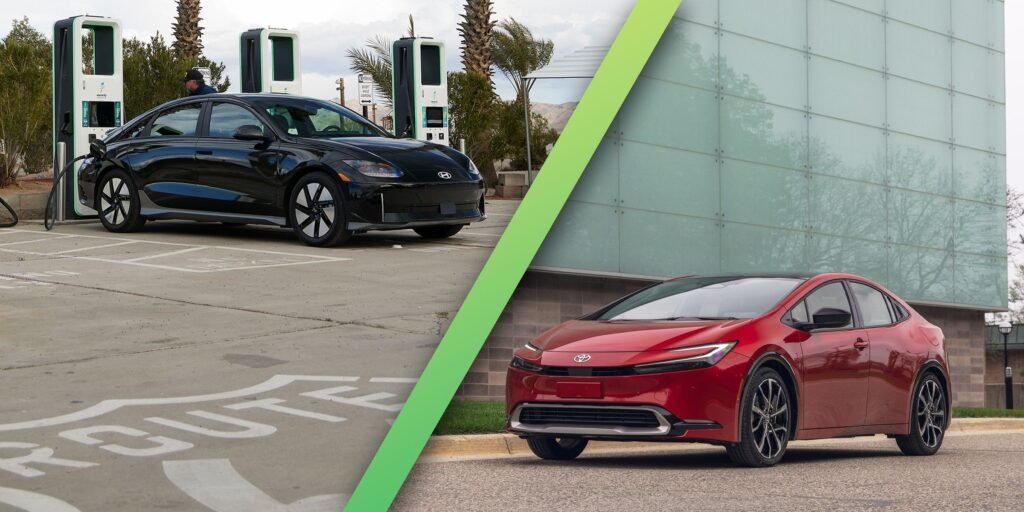
Electric vs Hybrid: The Quick Comparison
| Factor | Electric Vehicles | Hybrid Vehicles |
|---|---|---|
| Fuel Cost | $0.05 per mile | $0.08-0.10 per mile |
| Maintenance | Minimal | Moderate |
| Range | 200-400+ miles | 400-600+ miles |
| Charging Time | 30 min-8 hours | N/A (gas stations) |
| Upfront Cost | Higher | Lower |
| Environmental Impact | Zero emissions | Reduced emissions |
| Incentives | Up to $7,500 federal | Limited |
What’s the Difference? EV vs. Hybrid Explained
Electric Vehicles (EVs)
Pure electric cars run entirely on battery power with zero tailpipe emissions. They’re powered by large lithium-ion battery packs that must be charged from external sources. EVs produce zero emissions and are a great choice for eco-conscious drivers looking to save on fuel costs.
Popular 2025 EVs:
- Tesla Model 3 and Model Y
- Chevrolet Bolt EV
- Nissan Leaf
- Ford Mustang Mach-E
- Hyundai IONIQ 6
Hybrid Vehicles
A hybrid car uses a powertrain that combines a gasoline engine with one or more electric motors. Hybrids have smaller batteries that store only enough energy to assist the internal-combustion portion of the powertrain for short stints.
Types of Hybrids:
- Traditional Hybrids: Self-charging, no plugging in required
- Plug-in Hybrids (PHEVs): Can be charged externally for extended electric range
- Mild Hybrids: Basic electric assistance for improved fuel economy
Top 2025 Hybrids:
- Toyota Camry Hybrid (53 MPG city)
- Honda Civic Hybrid (48 MPG combined)
- Toyota RAV4 Hybrid (40 MPG combined)
- Hyundai Tucson Hybrid (38 MPG combined)
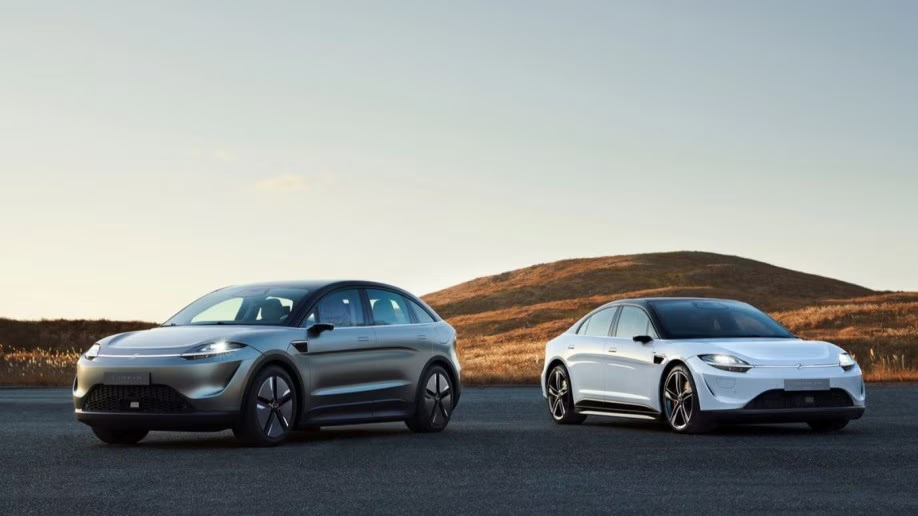
Cost Comparison: Which Saves More Money?
Fuel Costs: EVs Win Big
Electric Vehicle Costs:
- $0.05 per mile to charge your EV compared to $0.13 per mile to fuel your gas-powered car
- Average cost to fuel an electric car was $485 a year, compared to $1,117 for a gas-powered vehicle
- Charging an EV at home with a Level 2 charger can cost between $0.12 to $0.24 per kWh, roughly $6 to $18 for a full charge
Hybrid Costs:
- Typically 40-50% better fuel economy than gas cars
- Average hybrid saves $400-800 annually on fuel
- No charging infrastructure needed
Maintenance: EVs Take the Lead
Electric Vehicle Maintenance:
- Electric cars are much cheaper to maintain than hybrids as they have significantly fewer moving parts
- Maintenance is simpler too (no oil changes or spark plugs)
- Brake pads last longer due to regenerative braking
- No engine oil, transmission fluid, or exhaust system maintenance
Hybrid Maintenance:
- Regular oil changes still required
- More complex powertrain than conventional cars
- Both electric and gas components need servicing
- Generally reliable but higher complexity
Upfront Costs: Hybrids Are More Affordable
Electric Vehicle Pricing:
- Higher initial purchase price
- Federal tax credit up to $7,500 available
- Many state incentives and rebates
- EVs cost more upfront but tend to have lower costs overall because of fuel costs, incentives, and maintenance
Hybrid Pricing:
- Typically $1,000-3,000 premium over gas models
- The Tucson Hybrid delivers more than you’d expect for its price
- Limited federal incentives
- Lower entry cost for eco-friendly driving
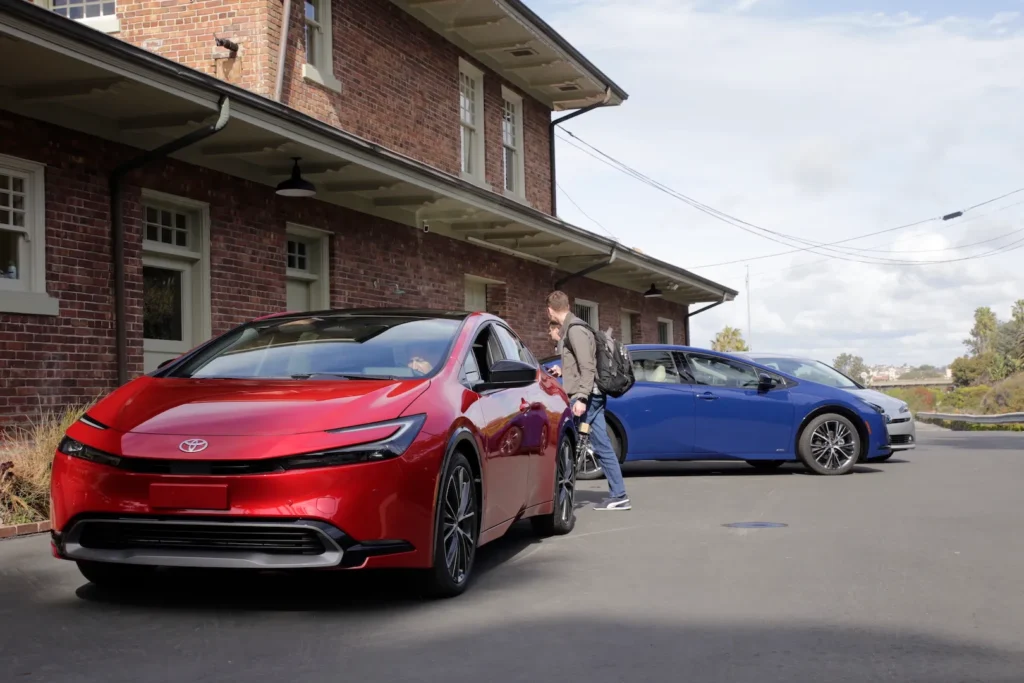
Environmental Impact: The Green Factor
Electric Vehicles
- Zero direct emissions during operation
- Environmental impact depends on electricity source
- Lower environmental impact of manufacture compared to hybrids (for the battery size)
- Rapidly improving as grid becomes cleaner
Hybrid Vehicles
- Significantly reduced emissions compared to gas cars
- Still rely on fossil fuels but with comparatively lower environmental impact
- Bridge technology toward full electrification
- No range anxiety or charging concerns
Range and Charging: The Practical Considerations
Electric Vehicle Range and Charging
2025 EV Range:
- Entry-level EVs: 200-250 miles
- Mid-range EVs: 250-300 miles
- Premium EVs: 300-400+ miles
Charging Options:
- Level 1 (120V): 4-5 miles per hour (home outlet)
- Level 2 (240V): 25-40 miles per hour (home/public)
- DC Fast Charging: 100-200+ miles in 30 minutes
Charging Infrastructure:
- Over 60,000 public charging stations nationwide
- Rapid expansion in 2025
- Home charging covers 90% of daily needs
Hybrid Range and Refueling
- Total range: 400-600+ miles per tank
- Refueling time: 5 minutes at any gas station
- No range anxiety: Familiar gas station infrastructure
- Flexibility: No planning required for long trips
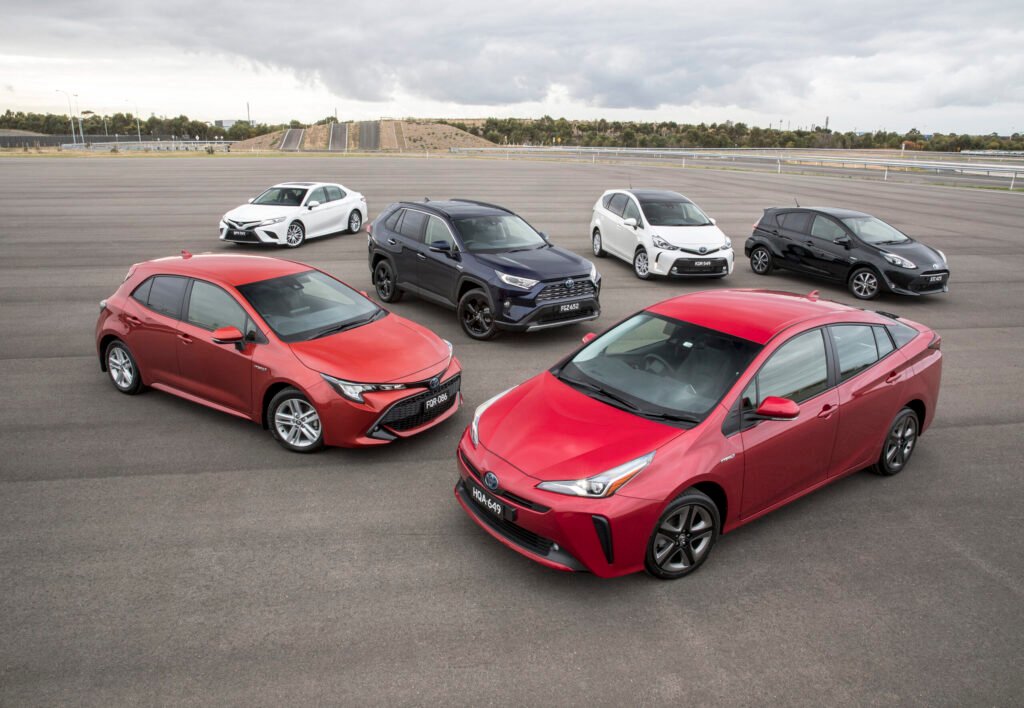
Who Should Choose Electric?
EVs Are Perfect If You:
- Have a daily commute under 100 miles
- Can charge at home or work
- Want the lowest operating costs
- Prioritize environmental impact
- Enjoy cutting-edge technology
- Qualify for incentives and rebates
Best EV Scenarios:
- Urban and suburban driving
- Predictable daily routines
- Access to home charging
- Short to medium commutes
- Second car for family use
Who Should Choose Hybrid?
Hybrids Are Ideal If You:
- Take frequent long road trips
- Lack access to home charging
- Want better fuel economy without lifestyle changes
- Need maximum flexibility
- Prefer lower upfront costs
- Live in areas with limited charging infrastructure
Best Hybrid Scenarios:
- Rural driving with limited charging
- Single-car households
- Unpredictable driving patterns
- Budget-conscious buyers
- First-time eco-friendly car buyers
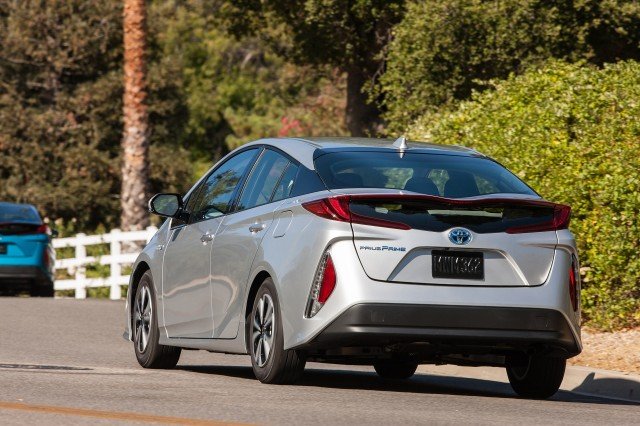
2025 Technology Trends: What’s New?
Electric Vehicle Advances
- Faster charging: New 800V systems charge in 20-30 minutes
- Longer range: 400+ mile EVs becoming mainstream
- Lower prices: More affordable models under $30,000
- Better cold weather performance: Improved battery technology
Hybrid Improvements
- Higher efficiency: New systems achieving 50+ MPG
- Smoother operation: Seamless gas-electric transitions
- More power: Performance-oriented hybrid systems
- Better integration: Advanced power management systems
Federal and State Incentives
Electric Vehicle Incentives
- Federal tax credit: Up to $7,500 for qualifying EVs
- State rebates: Varies by state, up to $2,500
- Utility rebates: Many utilities offer charging incentives
- HOV lane access: In many states
Hybrid Incentives
- Limited federal incentives: Some plug-in hybrids qualify
- State incentives: Varies, typically smaller than EV incentives
- Fuel savings: Immediate savings at the pump
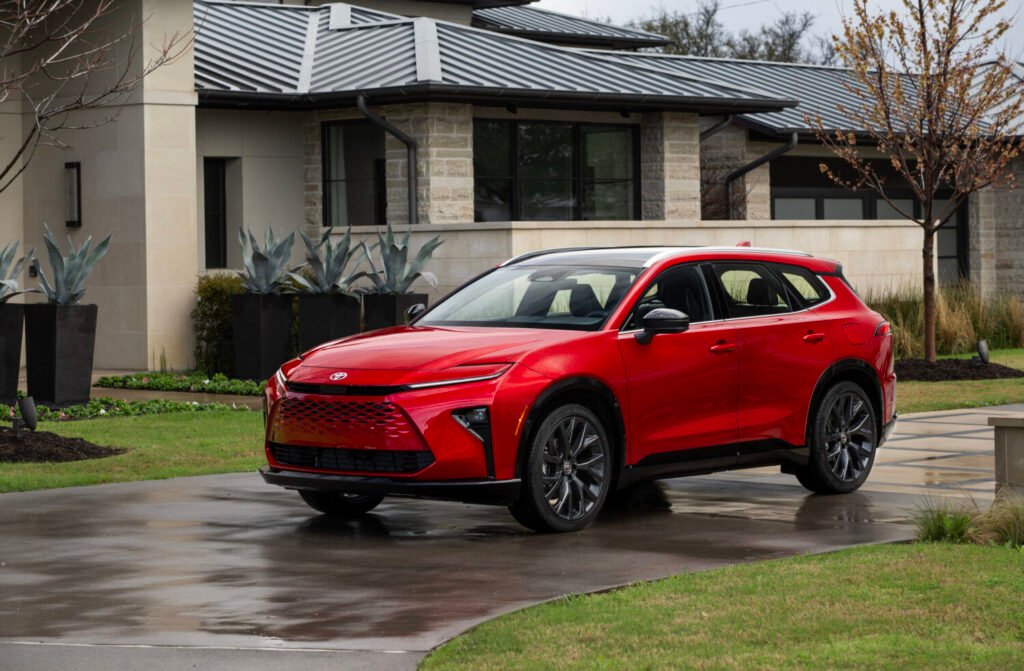
Making Your Decision: Key Questions to Ask
Analyze Your Driving Patterns
- How many miles do you drive daily?
- Under 100 miles: EV friendly
- Over 100 miles: Consider hybrid or long-range EV
- What’s your longest regular trip?
- Under 200 miles: Most EVs work fine
- Over 300 miles: Hybrid may be more convenient
- Where do you park overnight?
- Home garage/driveway: EV charging possible
- Street parking: Hybrid more practical
Consider Your Budget
- Upfront costs vs. long-term savings
- Available incentives in your area
- Financing options and lease deals
- Insurance cost differences
Lifestyle Factors
- Comfort with new technology
- Environmental priorities
- Convenience preferences
- Future vehicle plans
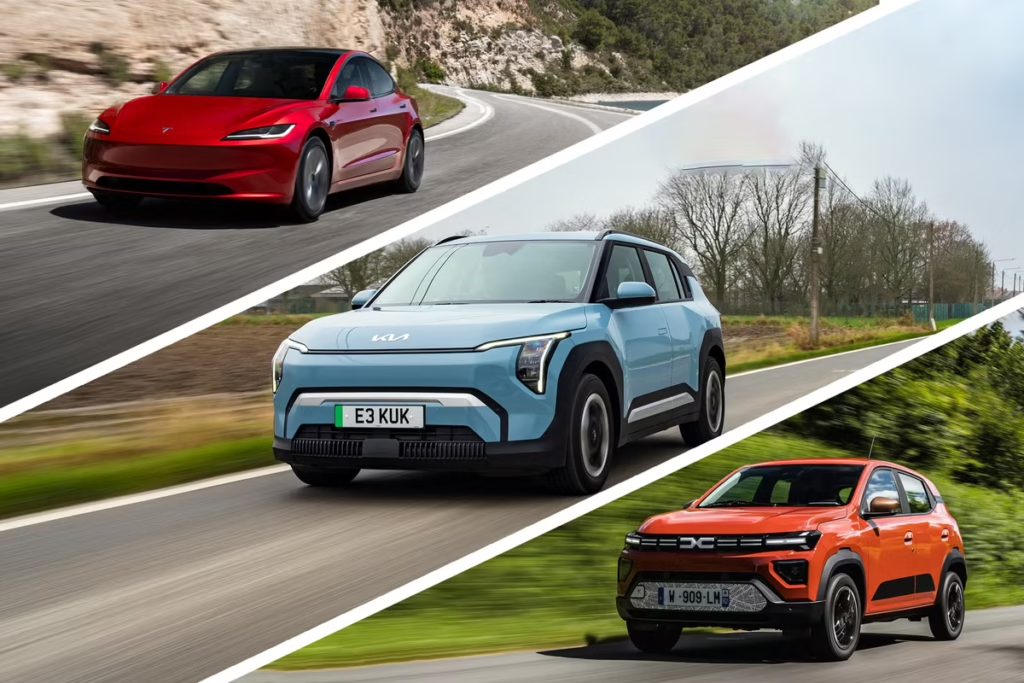
Top Recommendations by Category
Best Electric Vehicles for 2025
- Tesla Model 3 – Best overall EV
- Chevrolet Bolt EV – Best value
- Hyundai IONIQ 6 – Best efficiency
- Ford Mustang Mach-E – Best American EV
Best Hybrid Vehicles for 2025
- Toyota Camry Hybrid – Best sedan (53 MPG)
- Toyota RAV4 Hybrid – Best SUV (40 MPG)
- Honda Civic Hybrid – Best compact (48 MPG)
- Hyundai Tucson Hybrid – Best value SUV
Best Plug-in Hybrids for 2025
- Toyota Prius Prime – Best efficiency
- Honda Clarity Plug-in – Best value
- Hyundai Tucson Plug-in – Best SUV
- BMW X5 xDrive45e – Best luxury
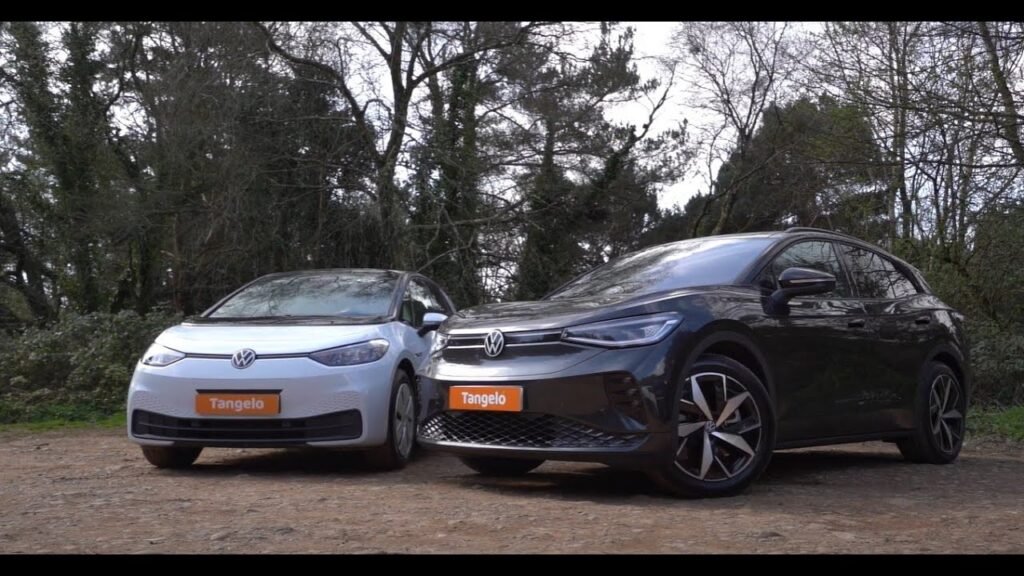
The Future Outlook: What’s Coming
2025-2030 Predictions
- EV prices will continue falling
- Charging infrastructure will expand rapidly
- Battery technology will improve significantly
- Hybrid efficiency will reach new heights
- Government incentives may shift toward EVs
Market Trends
- Dozens of pure electric models are set to debut by the end of 2025
- More affordable EV options under $25,000
- Improved charging networks with faster speeds
- Advanced hybrid systems with better electric-only range
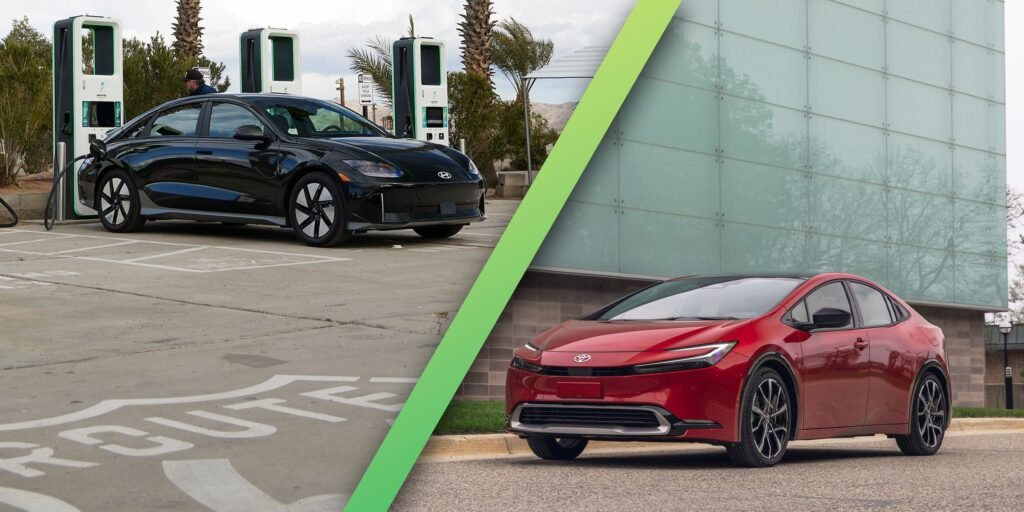
Frequently Asked Questions
Is it worth buying an EV in 2025?
Yes, if you have access to home charging and drive less than 300 miles per day. By 2025, many manufacturers will launch fully electric models at increasingly competitive prices.
Are hybrids still relevant with EVs improving?
Absolutely. Hybrids offer flexibility and fuel savings without infrastructure concerns, making them perfect for many drivers not ready for full electric.
Which is more reliable: EV or hybrid?
Both are highly reliable. Electric cars have significantly fewer moving parts, while hybrids benefit from decades of proven technology.
What about resale value?
Both retain value well. EVs may depreciate faster initially but benefit from lower operating costs. Hybrids have proven resale value, especially Toyota models.
Conclusion: Your Perfect Match
The choice between electric and hybrid vehicles in 2025 isn’t about which technology is superior—it’s about which fits your lifestyle better.
Choose Electric if you want the lowest operating costs, have charging access, and prioritize environmental impact. Choose Hybrid if you want better fuel economy with maximum flexibility and no lifestyle changes.
Both technologies offer excellent options in 2025, from the efficiency champion Toyota Camry Hybrid to cutting-edge electric vehicles with 400+ mile range. The best choice is the one that matches your daily driving patterns, budget, and personal preferences.
Ready to make the switch to eco-friendly driving? Visit your local dealer to test drive both electric and hybrid options. The future of automotive technology is here, and it’s more accessible than ever.
For more electric and hybrid vehicle insights, visit VoltDriveHub.com – your trusted source for electrified automotive expertise.

